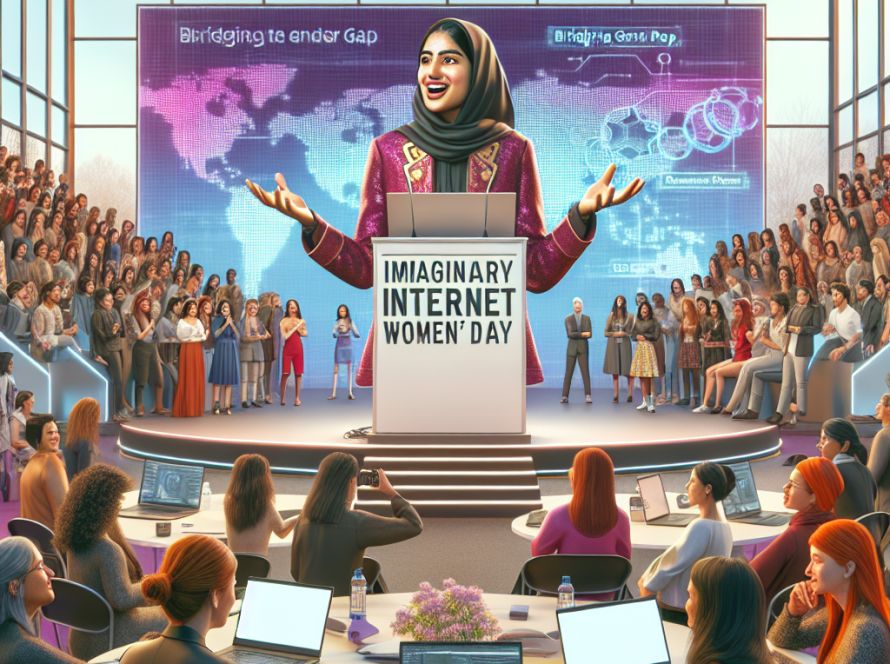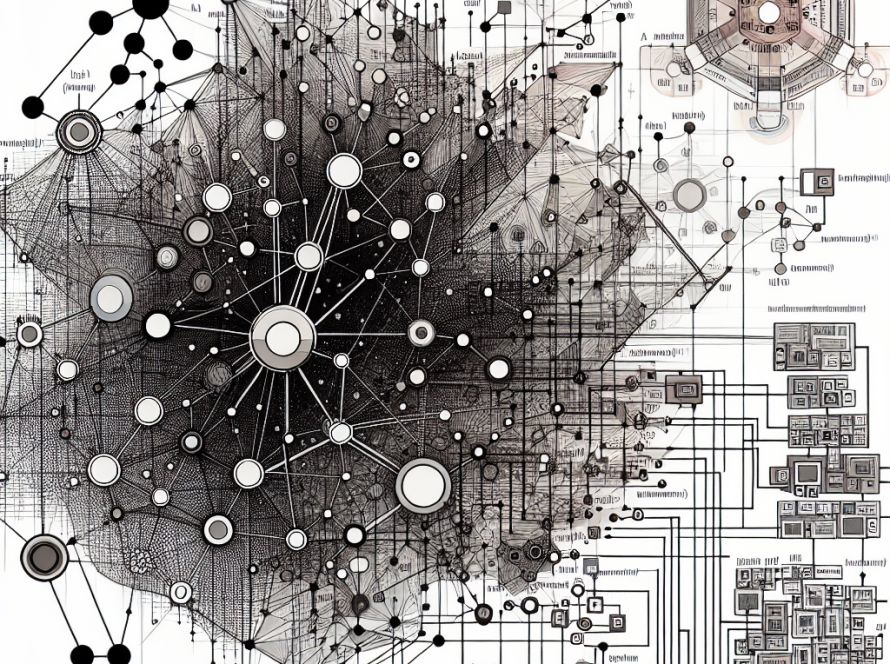On May 13, the AI research organization OpenAI held an event announcing various updates, the most significant being the unveiling of its newest model, GPT-4o, and the launch of the official ChatGPT desktop app for Mac.
GPT-4o is a significant upgrade to the artificial intelligence capabilities of OpenAI’s previous tech. The “o” signifies its “omnimodal” features, which represents its ability to seamlessly integrate text, vision, and audio data. This model also builds on its predecessor’s capabilities to interact with human users. It can respond more effectively to voice commands, changing its topic or tone as required, can ‘see’ what’s happening in the user’s environment and provide responses accordingly, and offers real-time coding assistance. This last feature, however, is currently exclusive to Mac users.
Serving over 100 million users globally, the new chatbot goes against expectations by launching first on macOS. This decision surprised many, especially considering that Microsoft, a major investor in OpenAI (having put over $13 billion into the company), uses a different operating system for its own products. Despite this, a Windows version of the new ChatGPT app is promised to be coming out later this year.
The new Mac app can run live in the taskbar for quick access, allowing users to conveniently communicate with the AI and receive immediate responses. The application can monitor the user’s screen and appear on any active tab. Users can share pictures or screenshots using the drag-and-drop feature, with the system providing relevant responses related to the shared images.
The importance of these developments at OpenAI cannot be understated. The GPT-4o combined with the ChatGPT Mac app signifies considerable progress in AI technology. The somewhat contentious choice to launch on macOS before Windows indicates possible strategic developments within the company, with rumors of an Apple-OpenAI deal suggesting a new direction for the firm. Despite the disappointment from some quarters regarding the Mac-first release, the overall strides made by OpenAI make it clear that the future of AI is rapidly evolving, and we can expect even more advancements in the near future.


